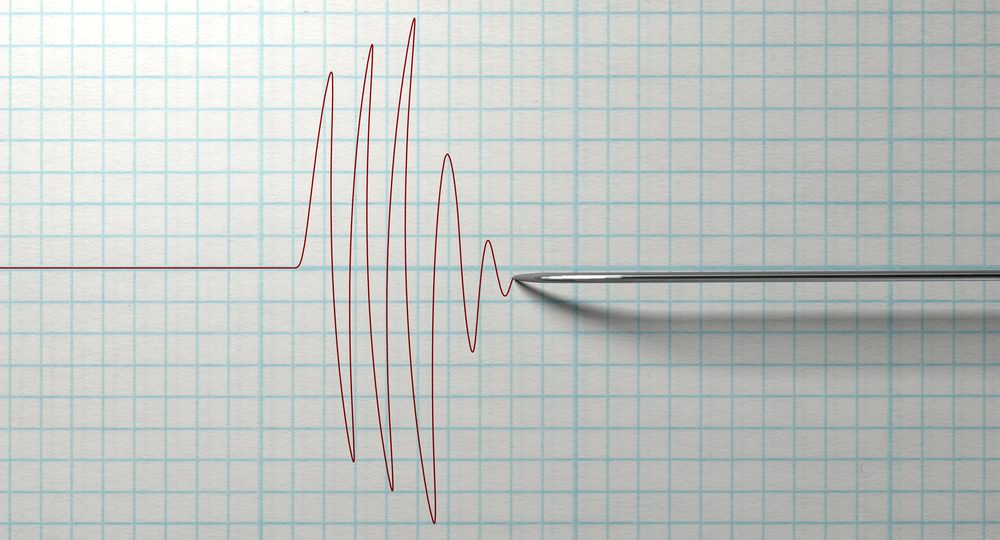As a Federal Employee, Should I Take a Lie Detector Test?

Despite their popularity among movies and TV writers, lie detector tests (also known as polygraph tests) are not considered especially reliable by professionals. In fact, a report from the American Psychological Association states that lie detector tests are often inaccurate, going so far as to say that “the idea that we can detect a person’s veracity by monitoring psychophysiological changes is more myth than reality.” That’s one reason why Congress passed the Employee Polygraph Protection Act (EPPA) in 1988, which bans most private employers from forcing workers to take lie detector tests.
There are a few exceptions to the EPPA, however, and a major one is employees of the federal government. Another group exempt from EPPA protections is federal government contractors who provide national security or counterintelligence services. Together, these two groups make up a large swathe of workers who can be asked to take a lie detector test.
If you’re a federal government employee or contractor not protected by the EPPA, it’s natural to wonder whether you should take a lie detector test if you’re asked by a current or prospective employer. There’s no easy answer to that question because there are potential negative consequences to both agreeing to and refusing a test. If you want to know more about the pros and cons of agreeing to a lie detector test as a federal employee, keep reading.
Lie Detector Tests Basics
Lie detector tests work on the principle that when someone lies, their body produces measurable physiological responses. Test developers say these include a higher pulse, heavy breathing, increased skin conductivity, and higher blood pressure.
When someone takes a lie detector test, they’re connected to a series of machines that measure certain bodily functions. The party or parties conducting the test will monitor these functions while they ask a series of control questions determining the test subject’s baseline readings. Once these baseline measurements are established, the test conductors ask more probing questions and see if the test subject’s responses indicate that they might be lying.
The Problems with Lie Detector Tests
The biggest issue with lie detector tests is that while they use relatively sound scientific principles, a human operator determines the results. Sometimes a questioner will ask a control question that they assume will generate a lie, but the subject actually tells the truth. These types of errors can establish a faulty baseline, distorting the results of the test.
Another issue with lie detector tests is that some people can beat them through the use of certain countermeasures. While testers are trained to look for these countermeasures, they’re not always successful in detecting them. And in some cases, the tester suspects the subject of trying to dodge the test even though they’re telling the truth.
Lastly, there’s little standardization of polygraph tests. This makes it hard to compare results from one test against another and measure their overall effectiveness.
So, Should You Take a Lie Detector Test?
Agreeing to a lie detector test comes with major potential risks. Passing a lie detector test is required for certain government jobs, and refusing to take one could prevent you from obtaining that position. Furthermore, taking and “failing” a test could cost you your job and lead to additional consequences—even if you were telling the truth.
The decision to agree to a lie detector test should be made carefully. It’s a good idea to speak to a lawyer so you can weigh the potential risks and benefits properly.
The employee rights attorneys at the Vaughn Law Firm have many years of experience handling federal government employment issues. To learn more about how we can help you with your case, call our office or visit our contact page to set up an initial consultation.




